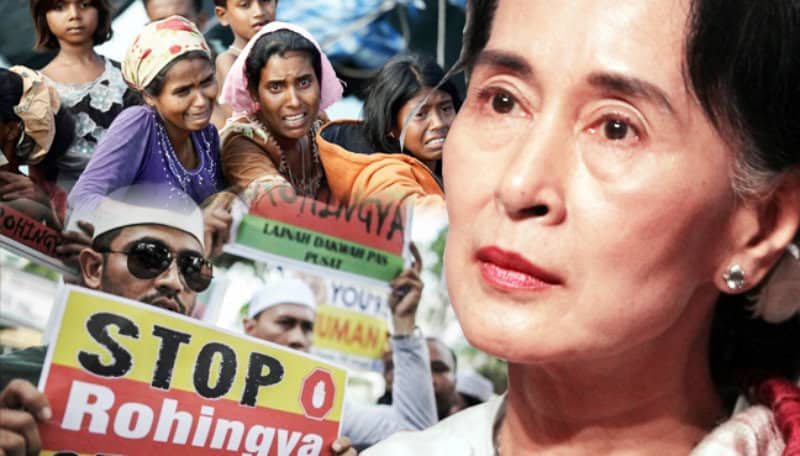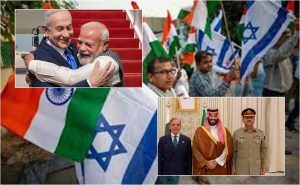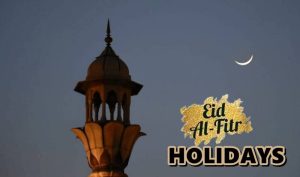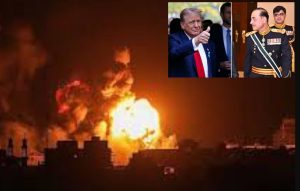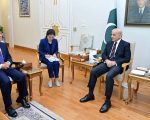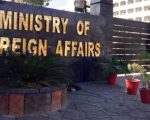BANGKOK (Web desk) – Aung San Suu Kyi, the leader of Myanmar’s first democratically elected government since 1962, has told foreign diplomats to stop using the word “Rohingya”, prompting accusations that she has abandoned the minority Muslim community of her country.
The foreign ministry of Myanmar, formerly known as Burma, sent an advisory to embassies in Rangoon this week warning them against using the term. The term is commonly used by the stateless Muslim group but is rejected by the country’s nationalist Buddhist wing who view the Rohingya as illegal immigrants from Bangladesh.
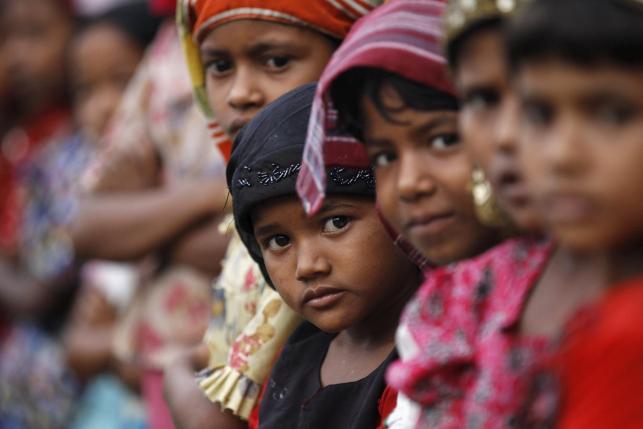
“We won’t use the term Rohingya because Rohingya are not recognized as among the 135 official ethnic groups,” said Kyaw Zay Ya, a Foreign Ministry official.
“Our position is that using the controversial term does not support the national reconciliation process,” he added.
Shaming Muslim leaders, Obama speaks for Rohingya rights
The stance does not bode well for the Rohingya or for rights activists who had hoped Aung San Suu Kyi, a Nobel Peace Prize laureate, would reverse discriminatory policies that have marginalized the Rohingya and prompted many to flee Myanmar for other countries.
“She is not saying anything about the Rohingya people in Myanmar and their rights to religion and education and health care,” said U Aung Win, a Rohingya community leader in Rakhine State. “As a Nobel Peace Prize winner, why is she so silent?”
The United States Embassy confirmed that the newly arrived ambassador, Scot A. Marciel, had met with Ms. Aung San Suu Kyi but would not comment on their discussions, the New York Times reported.
Who are the Rohingya?
Rohingya are considered to be the world’s most persecuted minority. They are an ethnic Muslim group in the majority Buddhist country and make up around one million of the total 50 million population..
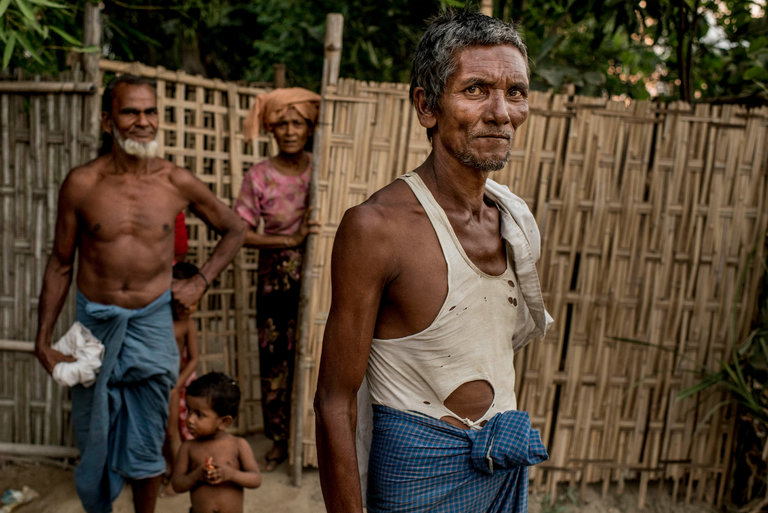
They hail from the country’s northwest and speak a Bengali dialect. Almost all live in Rakhine, one of the poorest states, with a population of three million.
About 140,000 Rohingya in the Rakhine state live in ghetto-like camps that they can’t leave without government permission.
They are not regarded as one of the country’s 135 official ethnic groups and are denied citizenship under Myanmar’s 1982 Citizenship Law, which effectively renders them stateless.

To get citizenship, they need to prove they have lived in Myanmar for 60 years, but paperwork is often unavailable or denied to them. As a result, their rights to study, work, travel, marry, practise their religion and access health services are restricted.
They cannot vote and even if they jump through the citizenship test hoops, they have to identify as “naturalized” as opposed to Rohingya. Also, their entry into certain professions like medicine, law or running for office has also been limited under law.
‘Politics of prejudice’
Suu Kyi has been widely criticised for failing to stand up for the Rohingya’s rights since coming to power, and has herself never used the term publicly. Fellow Nobel laureates Archbishop Desmond Tutu and the Dalai Lama have both signaled their concern about her silence on the fate of the Rohingya.
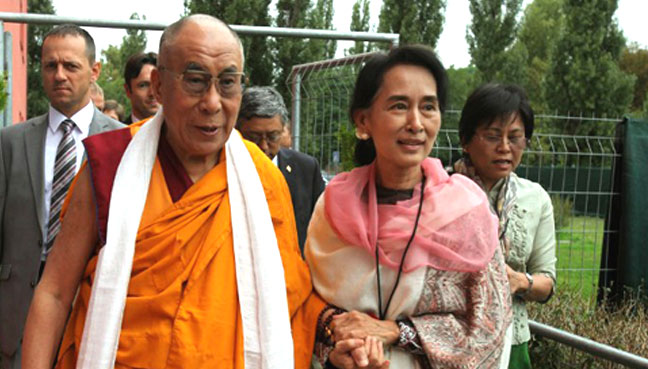
Her position on the name has taken on great significance as her party, the National League for Democracy, or NLD, establishes the country’s first non-military government in decades.
Suu Kyi’s party wins landslide victory in Myanmar election
Barred by the military-drafted Constitution from serving as president, Ms. Aung San Suu Kyi holds the posts of state counselor and foreign minister, among others, but she is the country’s de facto leader. Her government took over in March.

The United States Embassy recently drew criticism for using the word Rohingya in a statement expressing condolences for the deaths of at least 20 people whose boat capsized on April 19 off the coast of Rakhine.
Nationalist Buddhists challenged the new Myanmar government to protest the Americans’ use of the word and staged a demonstration outside the United States Embassy in Yangon.

